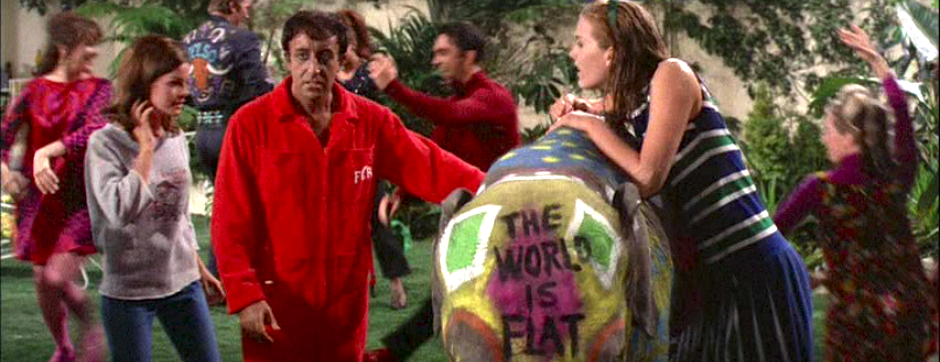Digizen published a recent study sponsored by the US Department of Education which concludes that online learning is more effective than face to face “traditional” learning.
A systematic search of the research literature from 1996 through July 2008 identified more than a thousand empirical studies of online learning. Analysts screened these studies to find those that (a) contrasted an online to a face-to-face condition, (b) measured student learning outcomes, (c) used a rigorous research design, and (d) provided adequate information to calculate an effect size. As a result of this screening, 51 independent effects were identified that could be subjected to meta-analysis. The meta-analysis found that, on average, students in online learning conditions performed better than those receiving face-to-face instruction. The difference between student outcomes for online and face-to-face classes—measured as the difference between treatment and control means, divided by the pooled standard deviation—was larger in those studies contrasting conditions that blended elements of online and face-to-face instruction with conditions taught entirely face-to-face. Analysts noted that these blended conditions often included additional learning time and instructional elements not received by students in control conditions. This finding suggests that the positive effects associated with blended learning should not be attributed to the media, per se.
This is a big result and we all practicing in the field must feel quite at ease with it: we knew it from the start. Interestingly, the report says that
“the positive effects associated with blended learning should not be attributed to the media, per se”
Right and wrong at the same time. It’s right because it is likely the good results stem from better pedagogy and better awareness of the educational tech involved, combined with the ubiquity of the Web and its pervasiveness in all aspects of our lives. It’s not to be forgotten that our students have already appropriated some spaces (like facebook) within the Web!
But it is also wrong since it is clear from the times of McLuhan that the message is inseparable from the medium that “carries” it: it’s not so simple as a medium “containing” something which is then “delivered” to students. The media affect, change and is changed back by the so-called “content” they carry: thus the media, I believe, must be equally responsible for the “success” of eLearning than the methodology itself.





I want to add one more thing that through online learning we can better utilize the potential of teachers.